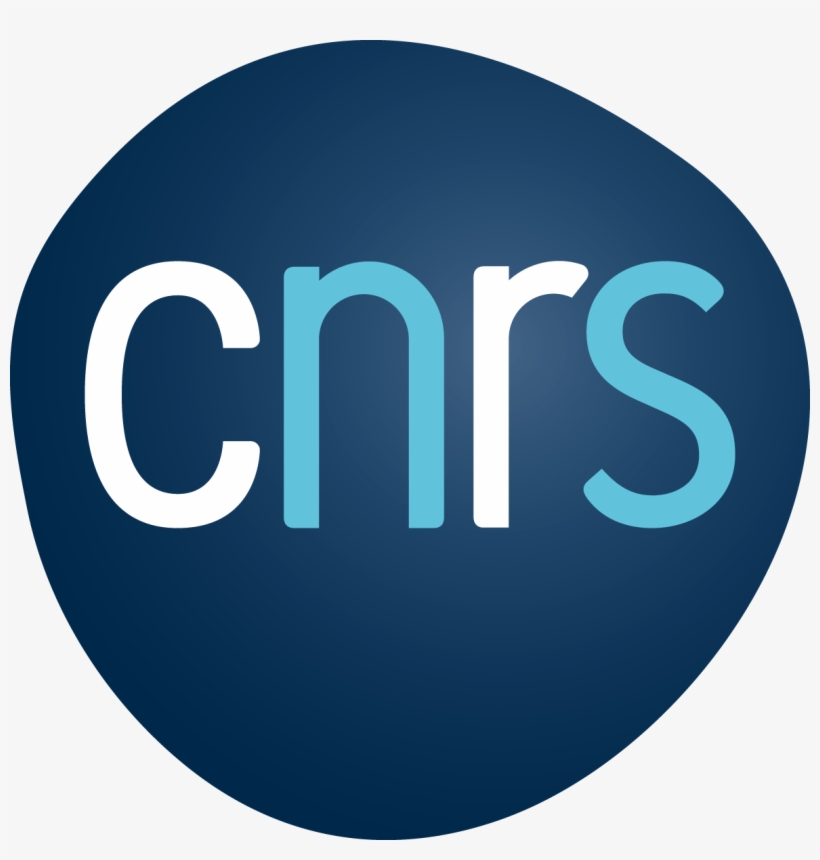
The C.N.R.S. (National Centre for Scientific Research), the largest fundamental research organisation in Europe, opened an office in India in February 2011 to develop and strengthen partnerships with Indian research institutions and favour the mobility of Indian scientists. Located in the Section for Science & Technology within the Institut Français en Inde in New Delhi, Dr Srini Kaveri has headed the office since February 2015.
The main objectives of the CNRS office in India are:
- Reinforce the CNRS partnerships with its Indian institutional partners.
- Develop the best partnership by assisting in the creation of structured collaboration
- Initiate new collaborations through a good knowledge of the Indian scientific ecosystem.
- Contribute to increase the number of Indian doctoral students in the CNRS laboratories.
Since 2013 the French National Center for Space Studies (CNES) has set up a permanent liaison office in India to develop cooperation and partnerships in the space sector. Situated inside Bengaluru’s French Consulate General, it is headed by Dr Mathieu Weiss, also the Embassy’s Space Affairs Counselor.
A longstanding and unparalleled partnership unites France and India for peaceful uses of outer space. Space cooperation and collaboration have profoundly marked the relationship between the two countries, which have emerged as major space nations. The first cooperation agreement was signed in 1977. A strategic partnership in space, among others, was agreed on in 1998.
In 2008, an Indo-French MoU was signed to use outer space for peaceful purposes to set up joint research programmes, instruments and satellites. It expanded and explained the areas of cooperation, emphasizing, in particular, the study of climate change using space-based earth observation facilities or the development of commercial telecommunications satellites. This agreement allowed for the development of the Megha-Tropiques satellite launched on 12 October 2011 and the SARAL satellite, launched on 25 February 2013.
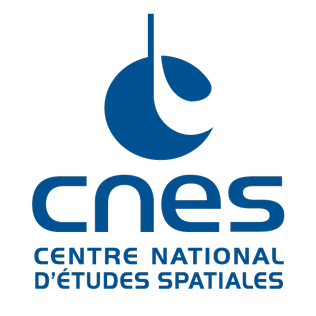
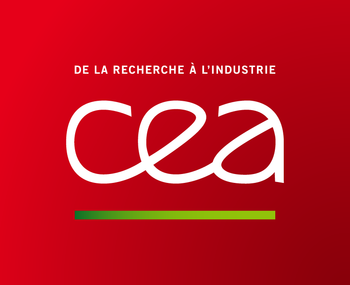
The CEA is a key player in research, development and innovation in various areas (around 20,000 technicians, engineers, researchers and staff, 704 priority patents filed in 2018, 5,045 publications in peer-reviewed magazines, more than 700 industrial partners…). The CEA’s area of expertise does encompass low carbon energies (nuclear and renewable energies), technological research for industry, fundamental research in the physical sciences and life sciences (medical applications…).
The representative of the CEA in India is Thomas Mieusset, head of the nuclear section of the French embassy in Delhi. The nuclear section of the French Embassy in India contributes to the negotiation and follow-up of several nuclear cooperation instruments (inter-governmental and inter-agency agreements). It promotes interaction between Indian and French players in the following areas:
- Civil Nuclear: The CEA and the DAE (Department of Atomic Energy) are cooperating on several topics (safety of pressurized water reactors, the safety of fast neutron reactors) with prominent Indian research centres (BARC, IGCAR, etc.).
- Capacity Building: The Institut National des Sciences et Techniques Nucléaires (INSTN) and HBNI (Homi Bhabha National Institute), a counterpart for diploma training within DAE, have identified avenues of collaboration in safety, radiation protection, materials science, and nuclear applications for health. A first training activity took place via videoconference in September 2019 on the topic of severe accidents. Indian participants were present in France and India.
- Nuclear Fusion: India is a member of the ITER consortium and contributes in particular to the cryostat assembly. The CEA’s Fundamental Research Directorate and the Institute for Plasma Research (IPR) have a collaboration since
- Solar Energy: The National Institute of Solar Energy (INES) signed a memorandum of understanding with NISE (National Institute of Solar Energy, part of India’s Ministry of New and Renewable Energy) in March 2018 on solar photovoltaics and storage technologies. Within this framework, a cooperation project on developing and manufacturing high-efficiency solar modules and cells is being prepared, benefiting from AFD financing.
The Institut de Recherche pour le Développement (the French National Research Institute for Sustainable Development) is a French public research establishment operating under the joint authority of the French Ministry for Higher Education, Research and Innovation and the French Ministry for Europe and Foreign Affairs.
In India, eight permanent researchers are posted India and 4 long-term missions in 2020. Moreover, IRD has conducted about 35 missions to India in 2019 and supported 20 missions of Indian researchers to France over the period 2015-2a020. Seven Indian PhD students are currently funded and supervised by IRD.
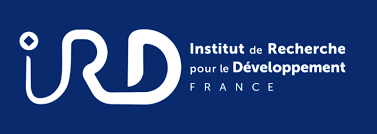
IRD has 3 international research networks (GDRI) in India :
- SCAHYLAB It is about the study of the water cycle from information from Earth observation satellites. The goal of this GDRI is to allow these teams to build their own network for South-South collaboration.
- PASTORAL INDIA with Ambedkar University Delhi, Ashoka Trust for Research in Ecology and the Environment (ATREE), Indian School of Business (ISB) and Azim Premji University. It studies the evolution of contemporary Indian pastoralism and the dynamics of biodiversity related to domestic animals.
- DiSAA In collaboration with Indian partners from Jawaharlal Nehru University and the Centre for Internet and Society, this GDRI (beginning of 2019 – end of 2021) aims to analyze the social transformations brought about by digital technology and the consequences of the increasing use of information technology in development policies in India, but also in other Southern countries (South Africa, Kenya and Nepal).
In addition, IRD has more than 12 joint research laboratories in various fields such as agriculture, water, oceans, archaeology, and social sciences.
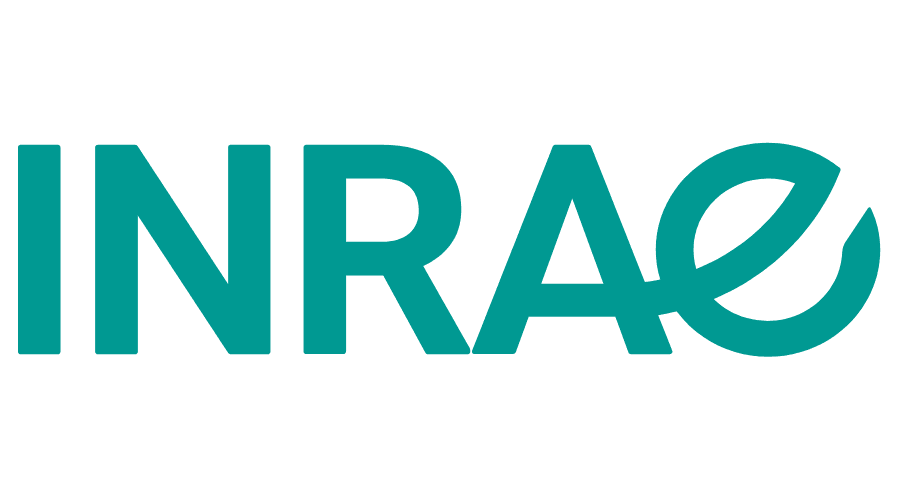
INRAE, the National French Research Institute for Agriculture, Food & Environment, established in January 2020 by the merge of INRA & IRSTEA, is under both aegis of French Ministry of Agriculture & Ministry of Higher Education. The cooperation with more than 150 countries is managed by the Vice-Chair in charge of international strategy together with a Direction of International Affairs and INRAE-CIRAD Joint Support Unit for International Relations. Since March 2018 the Institute has particularly strengthen his cooperation with Indian partners, in different areas such as agroecology, livestock, nutrition, water management, bioenergy, etc. using particular structured instruments or initiatives such as International Joint Laboratories (LIA in French), International Research Network (2RI in French) or Joint Linkage Calls (JLC) and an International Research Project with CNRS & IRD.
The running Indo-French projects by Joint INRAE-Agronomy High Schools Research Units are the following
- Genomic selection of Indian cattle towards milk production and climate resilience (INRAE-AgroParisTech, BAIF, Pune)
- Protein Nutrition Security (INRAE-AgroParisTech, St John’s Research Institute, Bangalore)
- Reuse wastewater and biogas production (INRAE-Montpellier SupAgro, IISc-CST, Bangalore)
- Water management in watersheds (INRAE-Institut Agro Rennes-Angers, IISc-IFCWS, Bangalore)
- Transition to organic agriculture, INDIABIO-METABIO Metaprogramme Project (INRAE, CIRAD, Montpellier SupAgro, CSH, Delhi)
- Furthermore, INRAE with its Indian partners aims to develop an agricultural science-based roadmap through a future Living Lab on “Towards Climate Smart and Nutrition-Sensitive Food System” to be implemented probably in the Karnataka State.
Finally, to act in favour of exchanges at all educational levels (researchers, PhD students and students interns), an online practical “https://guide-for-international-scientists.inrae.fr/ ” is proposed to facilitate the mobility.
Since January 2022, Dr Edmond Rock PhD, Research Director, Human Nutrition & Food Safety Division, has been located within the Indian Institute of Sciences in Bangalore as a representative and acting also as manager of the Living Lab project.
